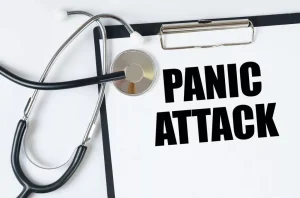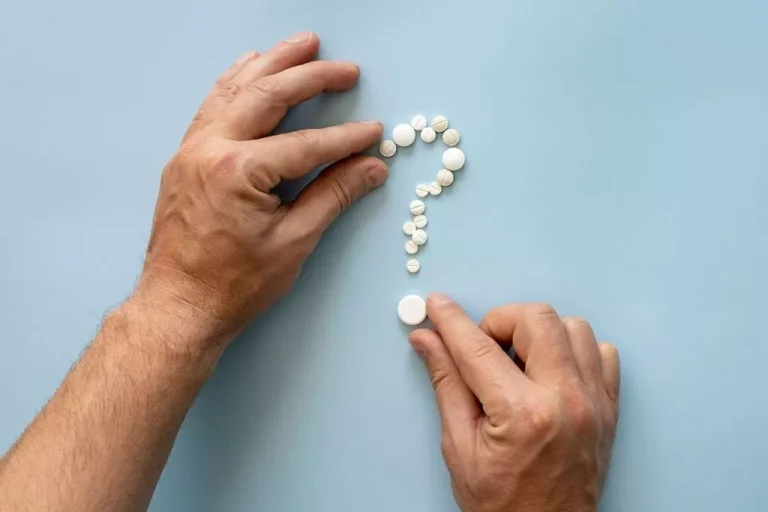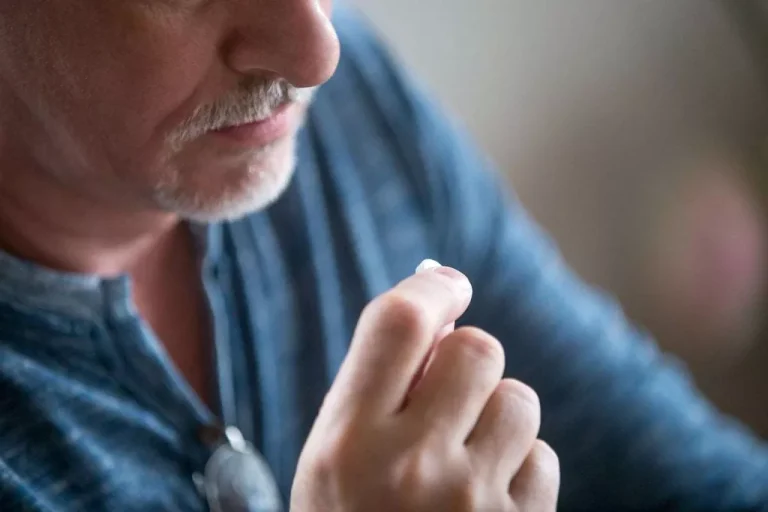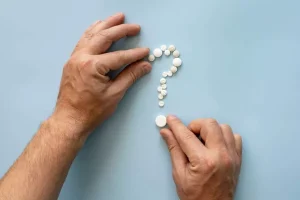
This is why some people may be hesitant or afraid to quit drinking. Still, try to keep in mind that these symptoms — though uncomfortable — are temporary. The medical professional who evaluated your AWS symptoms may suggest daily follow-ups via telephone or video chat to check on your symptoms and progress. If your symptoms are mild (or perhaps even moderate), your doctor may suggest that you reach out to a friend or family member to help you monitor your symptoms at home.
Enhancing Healthcare Team Outcomes
After all, if you’re currently experiencing fatigue and nausea, skipping meals and sleeping too little will only make you feel worse. According to the research, these symptoms can endure weeks or even months after discontinuing use. This, as well as impulse control disorders, can last up to 4 weeks after discontinuing use.
When To Seek Help for Alcohol Addiction
Tremors often affect the hands but can occur elsewhere in the https://ecosoberhouse.com/ body as well, according to the U.S. As your body detoxes, nausea and vomiting are pretty common symptoms. If severe vomiting is present, you may need to receive IV fluids so you don’t become dehydrated. Get emergency medical help if you think you’re experiencing symptoms of AWD.
- It’s important first to get evaluated by a medical professional and to reach out to a support system if you’re able.
- Withdrawal seizures are most typically experienced 24 to 48 hours after the last drink.
- Hypertension is common, and some doctors also prescribe beta blockers during withdrawal.
Treatment
This sort of medication can be essential for people with severe alcohol dependence, to avoid the danger of having a seizure during withdrawal, which could result in permanent injury or death. In 2017, an estimated 11.4 million people in the United States misused opioids, including prescription pain medication and illicit heroin, and opioid overdose is now the leading cause of unintentional death. Other risk factors include previous episodes of severe alcohol withdrawal. In Dr. Nolan’s experience, “the more episodes of untreated alcohol withdrawal a person has, the higher their risk for future withdrawal events to be severe.” Again, this is why it’s so important to seek treatment when stopping alcohol use. In short, alcohol withdrawal syndrome is caused by excessive drinking over time.
Risks and Complications
Treatment significantly lowers your risks of complications and death. Rehabilitation is a long-term treatment plan intended to help treat alcohol addiction. The doctor may ask for evidence that there has been a decrease in alcohol use after regular alcohol withdrawal syndrome symptoms heavy use. Anyone that thinks they are dependent on alcohol should consider speaking to a doctor.

Taking Medicines Safely after Alcohol or Drug Abuse Recovery
- Patients who have had prior complicated withdrawals should not attempt to decrease their alcohol intake without consultation with their healthcare team.
- Stress can be a trigger for people with PAWS, and some research suggests that PAWS can lead to increased sensitivity to stress.
- Alcohol withdrawal (alcohol withdrawal syndrome) is a range of symptoms that can happen if you stop or significantly reduce alcohol intake after long-term use.
- Due to the kindling effect of alcohol withdrawal, more severe and progressive symptoms occur with subsequent withdrawal episodes.
- Symptoms are similar to other withdrawal syndromes, but specific to nicotine withdrawal are weight gain and a decrease in heart rate.4849 The severity of withdrawal is also variable and dependent on the method of use.
- Over time, your central nervous system adjusts to having alcohol around all the time.
To maintain homeostasis in the CNS, inhibitory signals from the GABAergic system are balanced by excitatory neurotransmitters such as glutamate. Alcohol, a CNS depressant, stimulates the GABAergic system and, in acute intoxication, causes a range of clinical manifestations such as disinhibition, euphoria, and sedation. At the same time, endogenous GABA is downregulated.3 Thus, when alcohol is withdrawn, a relative deficit of GABA may occur and simultaneous excess in glutamate, resulting in the excitatory symptoms seen in alcohol withdrawal syndrome. Alcohol withdrawal causes a range of symptoms when a person with alcohol use disorder stops or significantly decreases their alcohol intake.

Delirium tremens (DT) is the most severe form of AWS and occurs in 5% of people with AWS. When the alcohol level suddenly drops, your brain stays in this keyed up state. Over time, your central nervous system adjusts to having alcohol around all the time.

Has helped alcoholics recover, and its primary goal is to build a community of people that can help provide a supportive environment for recovery. Treatment options vary from state to state, says Farrell, but generally, people have the option to engage in an outpatient program where they can begin identifying how their addictive behavior began in the first place. In that setting, the affected person engages in groups daily with others who are also seeking treatment for addiction, explains Farrell. Groups are led by both a licensed therapist and qualified peer support specialist. They can also receive medication management services and individualized therapy.
Social Support and Treatment Programs
Heavy drinkers who suddenly decrease or stop drinking altogether may experience withdrawal symptoms. They are potentially dangerous and should be treated as a serious warning sign that you are drinking too much. The mortality rate from less severe alcohol withdrawal is negligible and related to underlying conditions rather than alcohol withdrawal. Although not all persons with chronic alcoholism have clinically apparent alcohol withdrawal on cessation of alcohol consumption, a substantial proportion is at risk for this syndrome.

You have a better chance of making a full recovery if you receive prompt medical attention. Symptoms can become severe, and it can be difficult to predict which people will develop life-threatening symptoms. When a person is detoxing from alcohol, the symptoms may begin anywhere from 6 hours to a few days after their last drink. Dr. Rufus Tony Spann is a nationally certified school psychologist, licensed professional counselor, yoga teacher and reiki master.